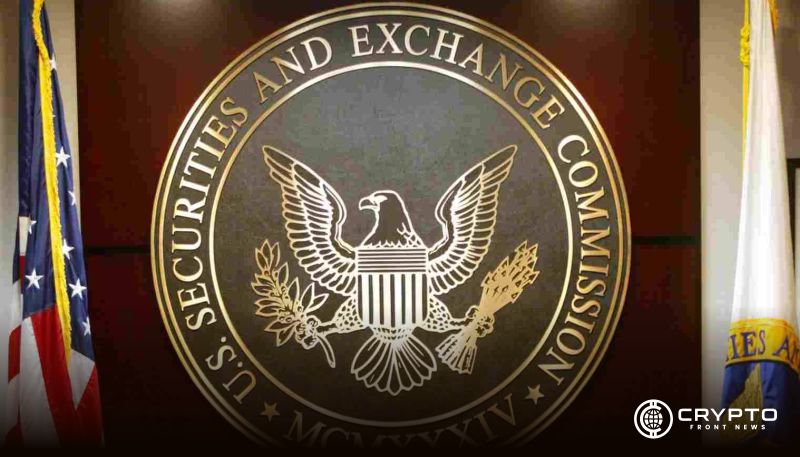- The SEC may introduce a temporary sandbox offering exemptions for tokenized asset trading to support blockchain innovation.
- Acting Chair Uyeda champions a unified federal framework to reduce state-level licensing burdens and promote regulatory efficiency.
- Industry leaders back Uyeda’s push for smart regulation that balances investor protection with faster blockchain-based market systems.
The U.S. Securities and Exchange Commission (SEC) may soon adopt a temporary regulatory sandbox to address growing innovation in tokenized securities, according to Eleanor Terret. Acting Chair Mark Uyeda proposed this approach during the SEC Crypto Task Force’s April 11 roundtable, titled “Between a Block and a Hard Place: Tailoring Regulation for Crypto Trading.” This framework could offer time-limited, conditional exemptions for both registered and unregistered firms trading tokenized assets.
Uyeda emphasized that this transitional model would support blockchain innovation while the SEC develops a more permanent regulatory pathway. He highlighted the inefficiency of the current state-by-state regulation system for crypto firms. According to Uyeda, such fragmentation risks creating a “patchwork of state licensing regimes,” increasing burdens for market participants.
Regulatory Clarity and Industry Feedback
Moreover, Uyeda urged crypto firms to provide input on areas where exemptive relief could drive efficiency and reduce compliance friction. He noted that a single federal framework would reduce the need for multiple state licenses, allowing firms to operate under one SEC-led structure. Hence, this approach would help tokenized securities and non-security crypto assets flourish under unified oversight.
Besides easing regulatory complexity, Uyeda’s proposal seeks to balance investor protection with blockchain-driven innovation. Industry leaders, including Uniswap Labs’ Katherine Minarik, Cumberland DRW’s Chelsea Pizzola, and Coinbase’s Gregory Tusar, joined the roundtable to provide insight. Their presence further indicated growing interest in a balanced framework that supports both compliance and advancement.
Blockchain’s Role in Market Efficiency
Additionally, Uyeda reiterated blockchain’s potential to enhance financial markets. He stated that blockchain-based clearing and settlement could outperform traditional methods in both speed and reliability. Consequently, he suggested tokenized collateral could improve capital efficiency and liquidity across the system.
Former SEC Chair Gary Gensler’s more cautious approach contrasts sharply with Uyeda’s pro-crypto stance. Uyeda has pushed for a more adaptable and innovative workplace since taking up the position on January 20. On March 18, Uyeda considered revising or discarding a Biden-era custody rule seen as hostile to digital assets.
The Senate confirmed Paul Atkins as the new SEC chair on April 10. Until Atkins is sworn in, Uyeda remains acting chair and continues pushing for smart crypto regulation. His proposal signals a potential turning point for U.S. blockchain policy.





